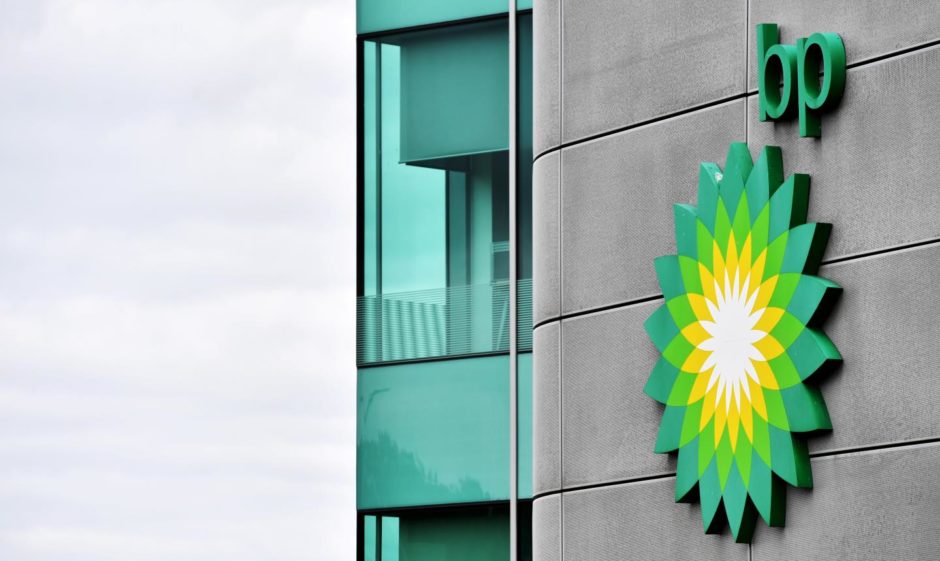 © Supplied by Press and Journal/ K
© Supplied by Press and Journal/ K BP, Adnoc and Masdar have teamed up to invest “billions of dollars” in clean and low carbon energy.
The agreement had heavyweight political backing, with UK Prime Minister Boris Johnson giving his seal of approval. The deal came at the same time as United Arab Emirates’ Mubadala announced a £10 billion in three priority industries, one of which being the energy transition.
“This is a fantastic investment in the industries of the future, creating high value jobs across the UK as we build back better and greener,” Johnson said.
BP, Adnoc and Masdar reached three agreements. The first is for the establishment of 2 GW of low carbon hydrogen in the UK and UAE.
BP noted that this agreement might lead to the first international investment in its proposed hydrogen plans in Teeside, the H2Teeside project.
This aims to produce 1 GW per year of blue hydrogen, starting in 2027. It would also capture 2 million tonnes per year of CO2, with BP projecting it would be able to store 98% of emissions. A final investment decision (FID) on H2Teeside is due in 2024.
This first agreement also covers decarbonised air corridors between the UK and UAE.
“The UK and UAE governments have bold plans for decarbonisation. The UK is our home and we have worked in the UAE for nearly a century. By partnering with the visionary leaders of ADNOC and Masdar, we see massive business opportunity to generate the clean energy the world wants and needs – and at the same time revitalise local economies and create the jobs of the future,” BP CEO Bernard Looney said,
Government principles
PM Johnson went on to say that this indicated the seriousness of energy companies in their approach to the transition.
“Our Global Investment Summit later this year will attract more exciting investment like this to the UK, demonstrating that economic growth, technological advancement and fighting climate change go hand-in-hand.” BP said the deal was aligned with the UK government’s 10-point plan and the UAE’s ‘principles of the 50’.
Adnoc head Sultan Ahmed Al Jaber said the three-way agreement would deepen the strategic relationship between the UK and UAE. “We look forward to building upon this legacy to strengthen both countries’ ambitions to generate economic growth through low-carbon initiatives.”
The second agreement, between BP and Masdar, is on developing sustainable energy and mobility projects in cities. This will work in the UK and UAE and beyond. The initial focus will be on energy efficiency and storage, cleaner fuels and distributed renewables.
The third agreement sees BP teaming up with Adnoc in Abu Dhabi on carbon capture, use and storage (CCUS). This should help cut emissions locally. The agreement also covers methane emission detection and reduction technologies.
Mubadala
The UAE investment fund flagged up an interest in the UK life sciences in March this year. It made an £800 million commitment. The next phase will see it mobilise via the UAE-UK Sovereign Investment Partnership (SIP). This aims to invest £10bn over the next five years.
Mubadala head Khaldoon Al Mubarak said the SIP plan would accelerate funding for sectors that are foundational for both countries.
“It is a testament to the UK’s innovation economy that we are ahead of target with the UAE-UK SIP life sciences programme, which we announced in March of this year. We are already developing ambitious energy transition, technology and infrastructure investment programmes that create new jobs and strengthen commercial ties between our nations,” he said.
